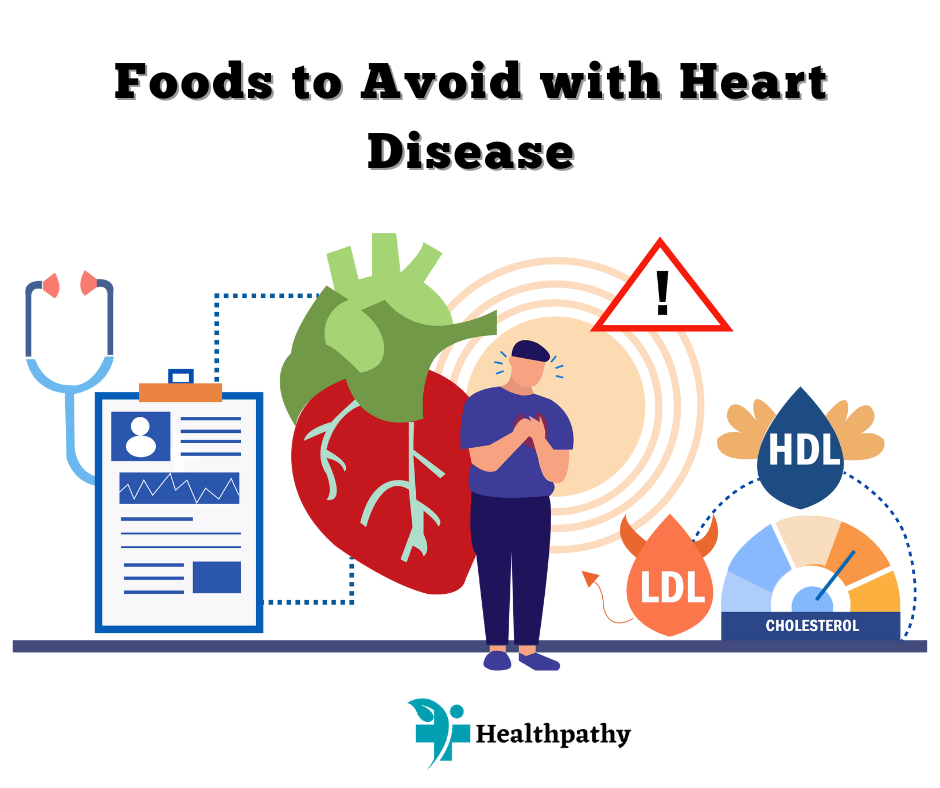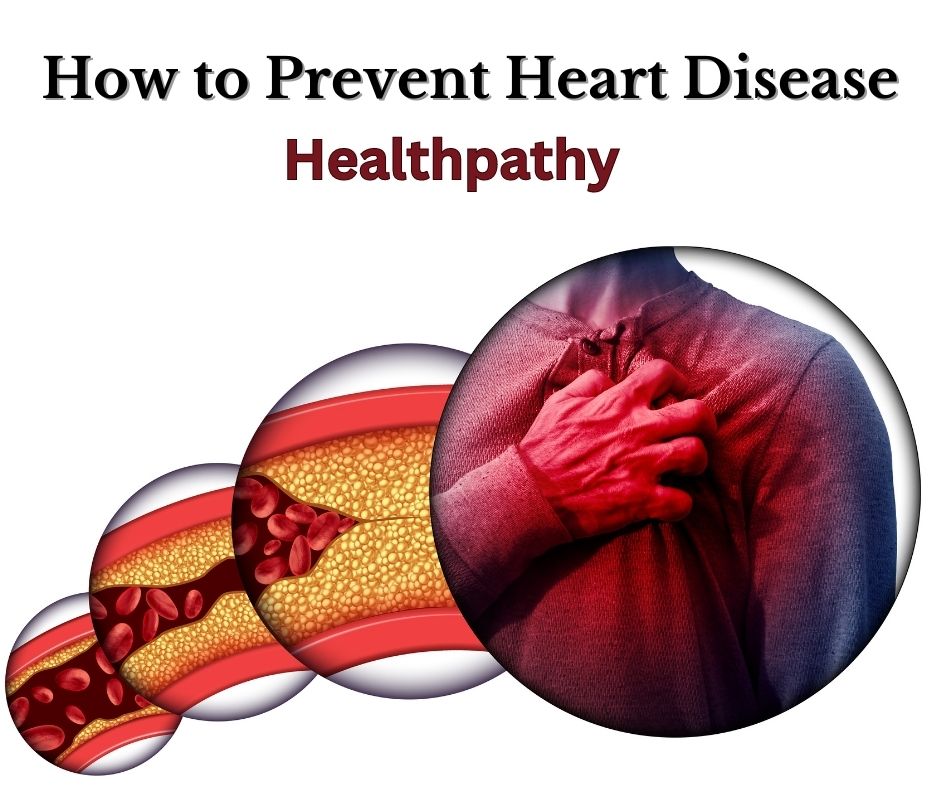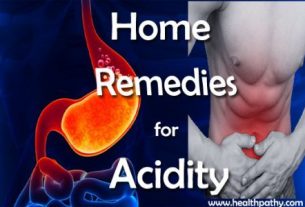Foods to Avoid with Heart Disease

Trans fats:
Trans fats are artificial fats that are created through a process called hydrogenation. These fats are commonly found in processed and fried foods, such as French fries, donuts, and packaged snacks. Trans fats raise LDL cholesterol levels (bad cholesterol) and lower HDL cholesterol levels (good cholesterol), increasing the risk of heart disease.
Saturated fats:
Saturated fats are mainly found in animal products like red meat, full-fat dairy products, and butter. These fats also raise LDL cholesterol levels and should be limited in the diet. Instead, opt for healthier fats like monounsaturated and polyunsaturated fats found in olive oil, avocados, and nuts.
High-sodium foods:
Excess sodium intake can lead to high blood pressure, which is a significant risk factor for heart disease. Processed foods, canned soups, fast food, and salty snacks are often loaded with sodium. Read food labels carefully and try to reduce your salt intake by choosing fresh, whole foods and using herbs and spices to flavor your dishes instead.
Sugary foods and drinks:
Foods and beverages high in added sugars contribute to weight gain and increase the risk of developing type 2 diabetes and heart disease. Limit your consumption of sugary sodas, fruit juices, candies, and desserts. Opt for whole fruits for natural sweetness and water or unsweetened tea as beverages.
Red meat:
While lean cuts of red meat can be a part of a healthy diet in moderation, processed meats like bacon, sausage, and deli meats should be avoided or limited. These meats often contain high levels of sodium and unhealthy fats.
Excessive alcohol:
While moderate alcohol consumption has been associated with some heart health benefits, excessive alcohol intake can have detrimental effects on the heart and liver. If you drink alcohol, do so in moderation (1 drink per day for women and up to 2 drinks per day for men).
High-cholesterol foods:
Animal-based foods like egg yolks, organ meats, and shellfish contain cholestrol. While dietary cholesterol may not have as significant an impact on blood cholesterol levels as previously thought, it’s still wise to limit the intake of high-cholesterol foods, especially if you have other risk factors for heart disease.
Refined carbohydrates:
Foods made with refined grains, such as white bread, white rice, and sugary cereals, can cause rapid spikes in blood sugar levels and contribute to weight gain. Choose whole grains like brown rice, quinoa, and whole wheat products for better heart health.
Excess caffeine:
While moderate caffeine intake is generally safe for most people, excessive caffeine consumption can cause palpitations and increased heart rate in some individuals. Be mindful of your caffeine intake from coffee, tea, energy drinks, and other sources.
Fast food and processed snacks:
Fast food and processed snacks are often high in unhealthy fats, sodium, and added sugars. These foods are convenient but can be harmful to heart health when consumed regularly.
Conclusion:
Managing heart disease through diet is essential for overall cardiovascular health. It includes-
- Avoiding foods high in trans fats and saturated fats
- Limiting sodium and sugar intake.
- Avoiding unhealthy carbohydrates can significantly improve heart health and reduce the risk of complications associated with heart disease.
- Focus on a diet rich in fruits, vegetables, whole grains, lean proteins, and healthy fats.
- Always consult with a healthcare professional or registered dietitian for personalized dietary advice and guidance.
More to Read:


Follow us:





